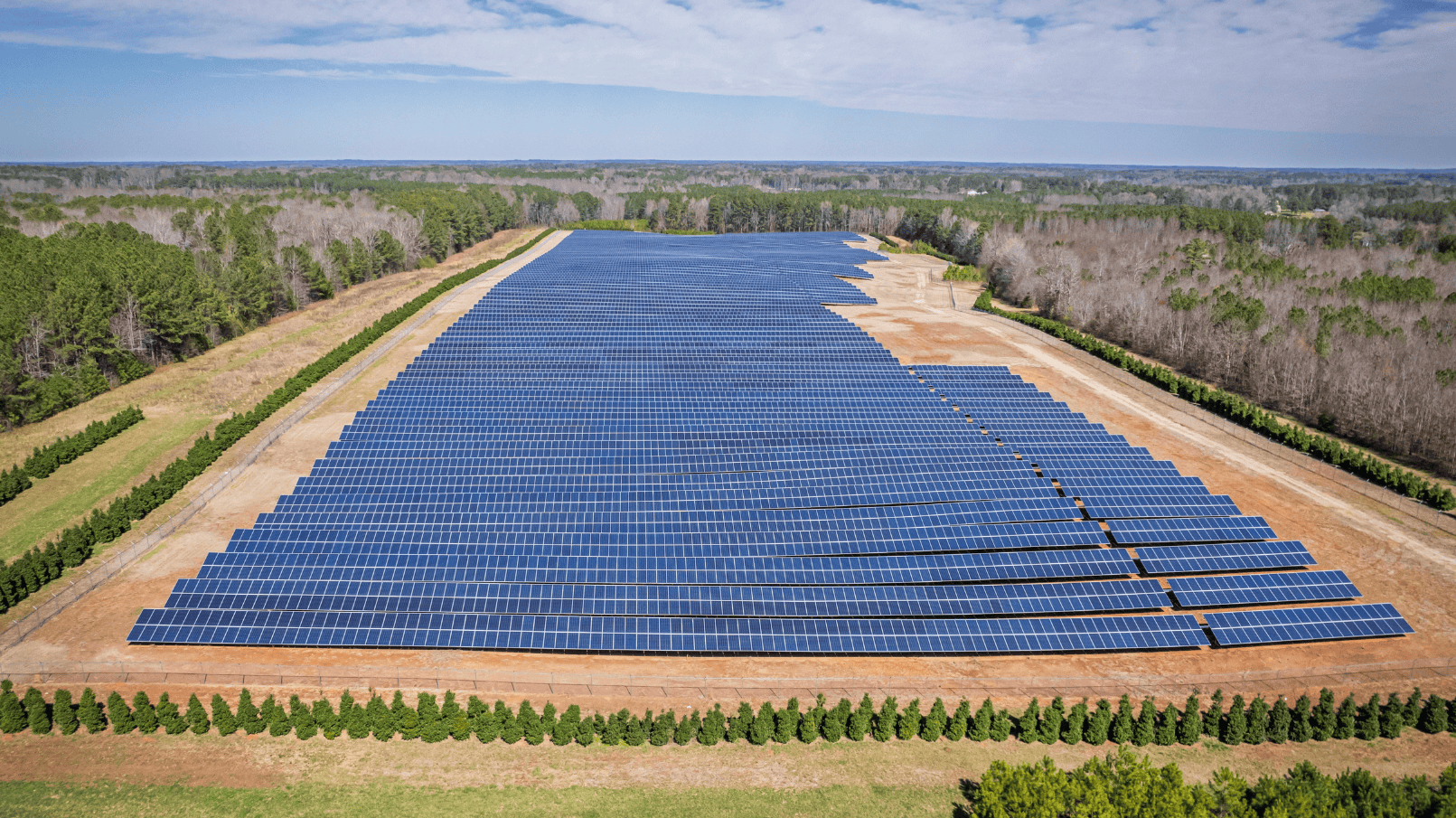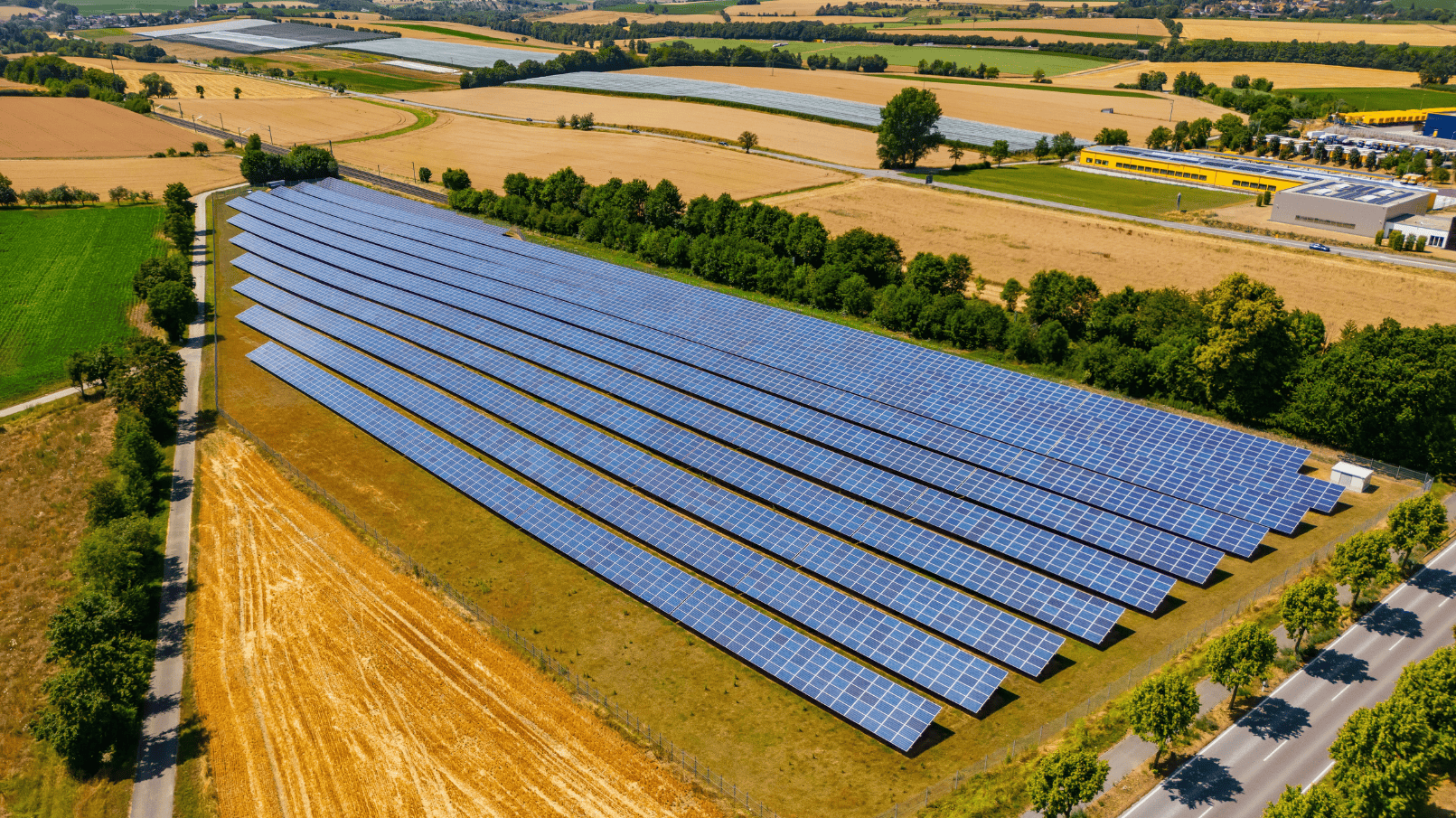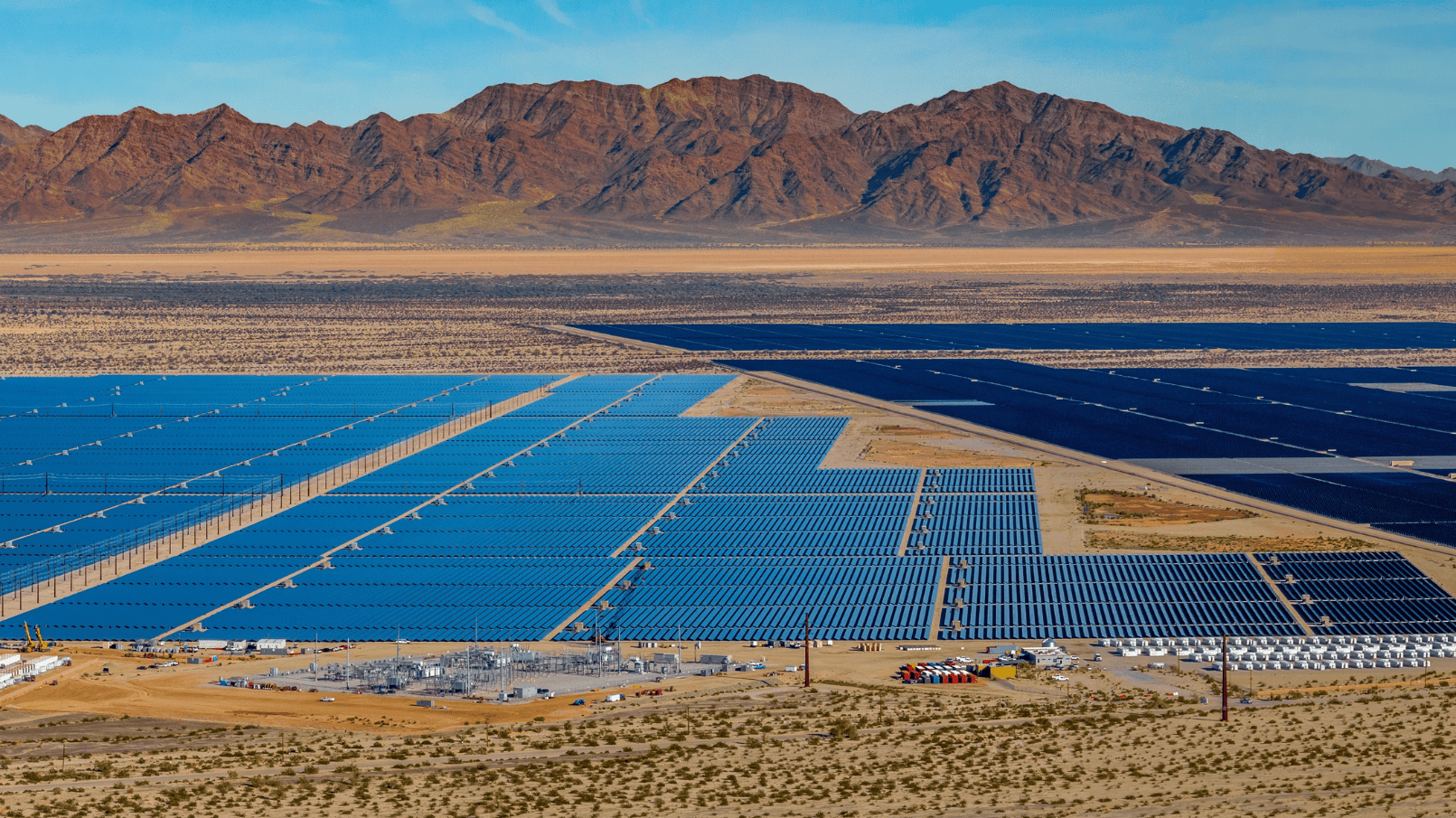Gridlock Warning: Limited Gird Capacity for Commercial Solar Projects
These days, the advantages of commercial solar are undeniable. While many commercial enterprises have contemplated the switch to solar, some are hesitating. This hesitation is understandable given the evolution of solar technology, but what these businesses may not realize is that delaying their transition to solar could be a critical misstep—one that might prevent them from going solar altogether.
Reaching the Limits of Utility Capacity
While this issue is well-known in the commercial solar industry, many business owners are discovering it the hard way. Massachusetts, once a national solar adoption leader, now faces severe capacity gridlock. The state’s initial success, driven by an innovative incentive program, has led to a maxed-out electric grid, impeding the progress of commercial solar projects. Michael Porcaro, the director of innovative grid solutions at National Grid, told the Boston Globe “Massachusetts is somewhat of a victim of its own success.” Delays in commercial solar projects are substantial, with over 400 megawatts across hundreds of projects held up as the state and utilities determine the need for additional electric infrastructure and funding for upgrades.
These challenges go beyond simple replacements; substation-level investments, as explained by Porcaro, require extensive time for development and accurate scoping. Statistics reveal the impact of these delays, with Massachusetts dropping to 27th in the nation for solar installations from its 11th position just two years ago. Statewide solar installations in 2023 plummeted to 292 megawatts, less than half of the state’s all-time high of 622 megawatts in 2021.
This situation not only hinders the state’s sustainability goals but also poses a threat to businesses aiming to reduce energy costs and their carbon footprint.
What Can Business Owners Do
As local governments and utilities work to resolve infrastructure and capacity limitations, proactive steps are essential for business owners. Commercial solar is no longer an experimental technology; it is a proven and highly effective asset beneficial to almost all commercial businesses. Those who have not adopted solar should reassess their financial plans and make the decision to move forward now.
The duration of utility upgrades remains uncertain. If capacity depletes, business owners may find themselves locked into rising electric rates for the foreseeable future.
Addressing Hesitations
While the benefits of commercial solar are evident, it’s understandable that some business owners may harbor reservations, contributing to the hesitation in embracing this sustainable energy solution. Some business owners may express reservations, waiting for solar technology to mature and improve before making a significant investment, but the technology has undergone remarkable advancements in recent years. Today’s solar technology is more efficient, reliable, and cost-effective than ever.
Another popular reason some business owners continue the waiting game is they hope or believe energy costs will go down. While it’s true that energy costs can fluctuate, relying solely on the expectation of future reductions may overlook the immediate financial benefits of solar adoption. Government and financial incentives were created for this exact reason. Tax credits, rebates, and other financial incentives are made specifically are available to ease the financial burden so businesses are encourage to act now rather than later.
Act Now
Capacity gridlock serves as a final warning for commercial businesses to embrace solar solutions. Proactive measures are necessary to ensure the sustained vitality of businesses. Commercial solar is not just a technological advancement; it is a strategic investment for businesses navigating the challenges of a dynamic energy landscape.
If you’re ready to quit the waiting game and move forward with solar for your business, reach out to Genie Solar today for a free estimate.
Source: Boston Globe

















